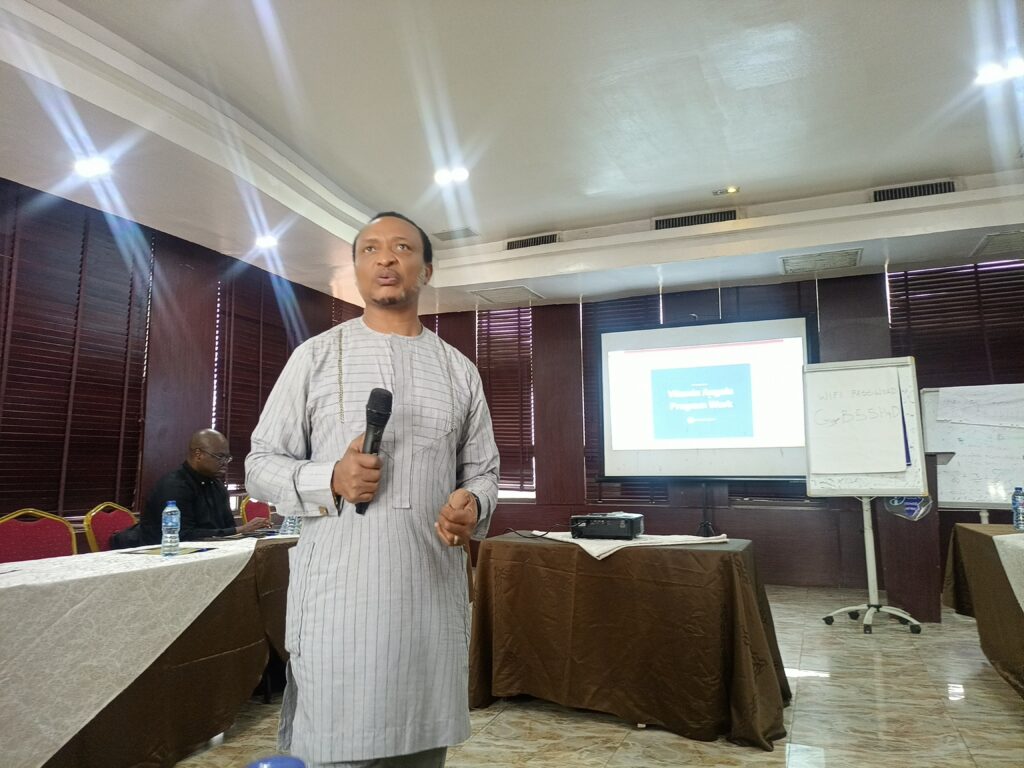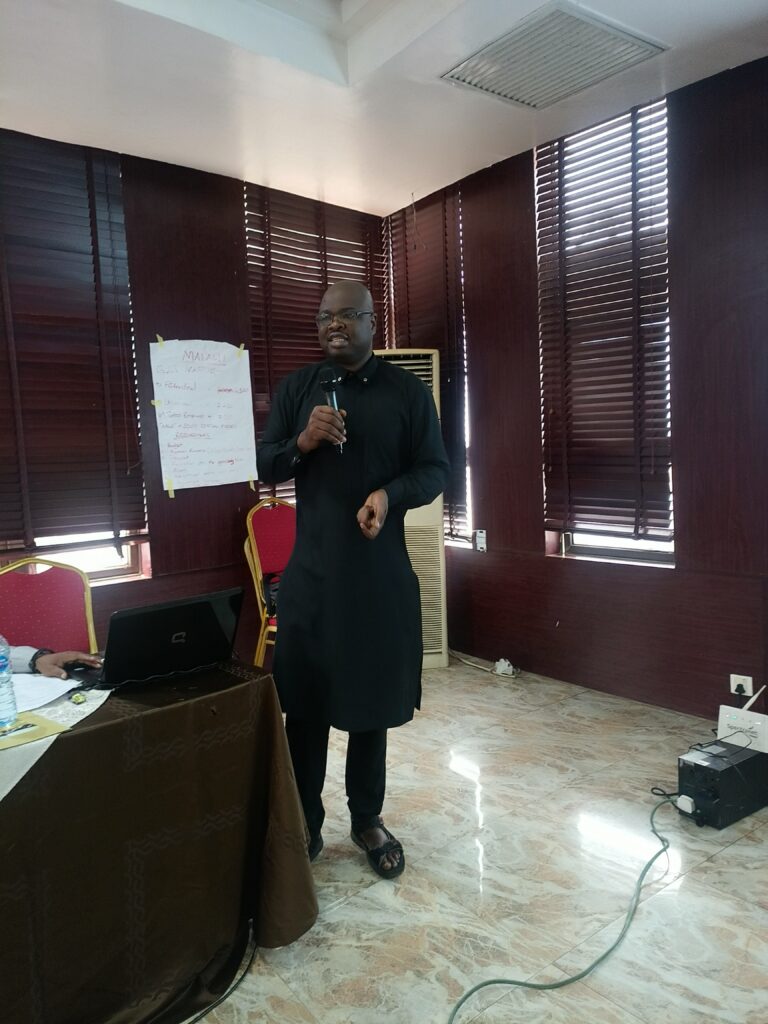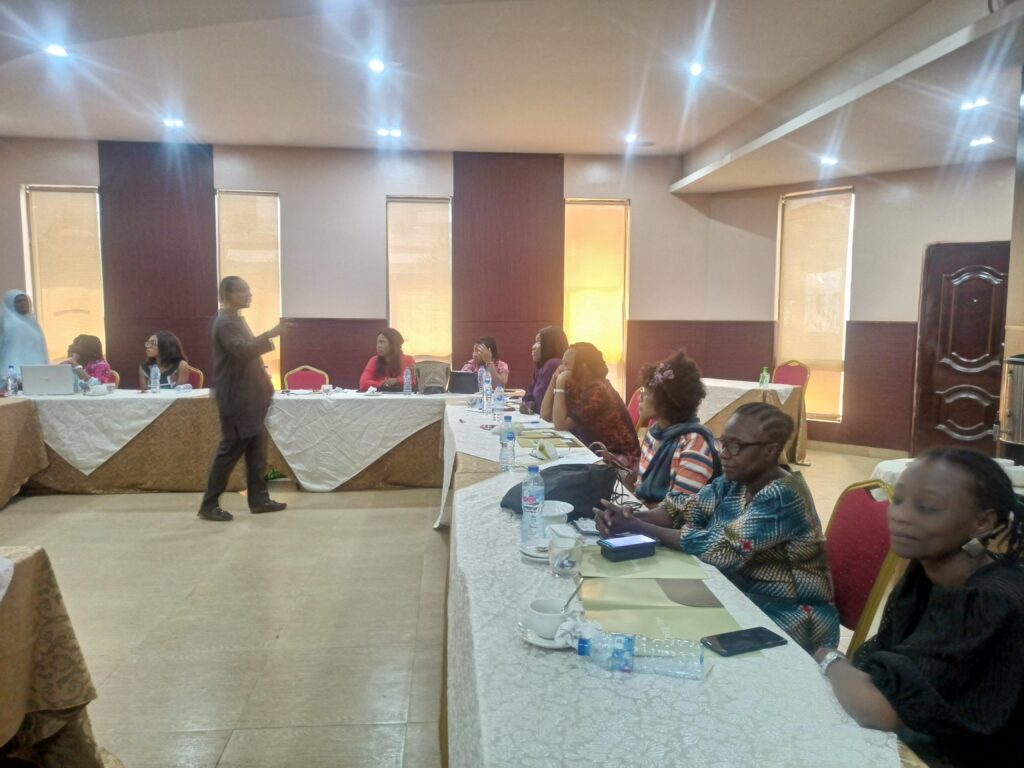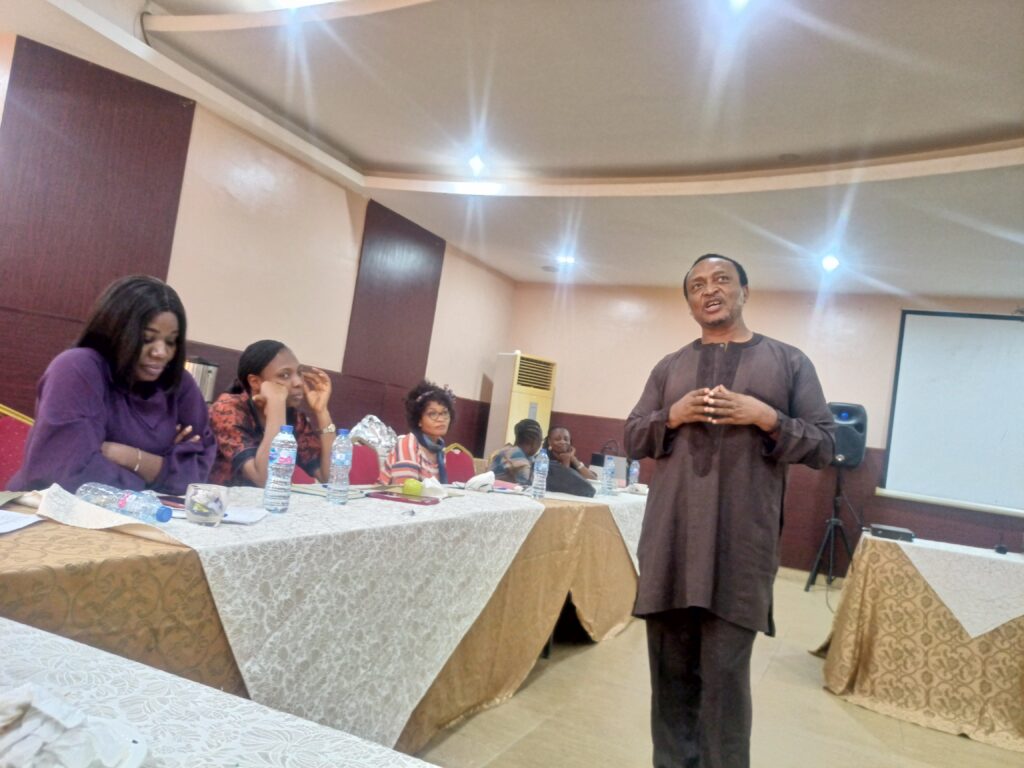…protect most vulnerable mothers and babies

By Theresa Moses
Nigeria faces hidden hunger; a form of malnutrition often undetected, which occurs when the body lacks the essential vitamins and minerals essential to sustain the overall health and development, non-communicable diseases as well as micronutrient deficiencies particularly among pregnant women, poverty to lack of functional primary health care centres, illiteracy and more.
It’s no news that women and children are the most affected due to poor access to basic micronutrients needed for the effective growth of the foetus during pregnancy; especially expectant mothers in rural areas have limited access to healthy, nutritious food, making it more difficult to meet the recommended levels of vitamins and minerals through their diet alone.

Iron and folic acid supplements (IFAS) are the most common but not the only micronutrients considered essential for maternal health and early life development.
Multiple Micronutrient Supplements (MMS), specifically for pregnant and nursing women provide the right amounts of 15 essential vitamins and minerals that mothers and their babies need to fight disease, and support fetal and child growth, development and other important metabolic functions including – Iron, Folic Acid, Zinc, Vitamins A, D, E, C, B1, B2, B6, B12, Copper, Iodine, Selenium, Thiamin and Niacin.

The World Health Organization (WHO) revealed that micronutrient deficiencies can cause serious health issues. For instance, lack of iron, folate and vitamins A and B12 can lead to anaemia, a condition in which there is a reduced number of red blood cells or haemoglobin concentration, causing fatigue, weakness, shortage of breath and dizziness.
However, due to the high prevalence of anaemia in Nigeria, adolescents, especially girls and women of childbearing age are to be targeted with MMS.
Vitamin Angels donates specifically multiple micronutrient supplements (MMS) for pregnant women, albendazole for deworming children, and Vitamin A was needed to deepen deficiency control programmes. Over the last 8 years, it has advocated for and donated MMS for programmes at scale.

In Nigeria, the inclusion of MMS in the National Micronutrient Deficiency Control (MNDC) Guidelines has resulted in the need to ensure the infusion of information into a social system through traditional and new media so as to close knowledge gaps and motivate journalists to acquire information in the micronutrient knowledge domain.
In an interview with Dr. Francis Ohanyido, Country Director of Vitamin Angels, Nigeria, and public health consultant at a 2 -day media engagement and capacity-building workshop on MMS in pregnancy recently in Lagos stated that malnutrition is still a major problem in Nigeria and lack of micronutrients is critical for mothers and that micronutrient deficiencies can have lifelong impacts on a child’s physical, mental, and emotional development.

“Pregnant women in low- and middle-income countries (LMICs), including Nigeria are at increased risk of being deficient in multiple, critically important, micronutrients. However, poor maternal nutrition has dire consequences for women and children.

One of the things done in public health which is important is giving supplements to vulnerable groups who need certain micronutrients. A lot of children are vulnerable to infections like measles. As a sort of preventative measure in public health, micronutrients are given to prevent chances of deficiencies.
“Because a mother is carrying a foetus, the demand on her body’s nutrients increases which needs proper supplements to help the immune system response. Multiple Micronutrient supplements (MMS), commonly referred to as prenatal multivitamins, are one of the most impactful nutrition interventions that significantly improve maternal health and birth outcomes.”

Speaking on children in Africa between six to 59 months have the highest burden of anemia, the Implementation Research Consultant, Vitamin Angels, Nigeria, Dr. Yinka Obanewa said the World Health Organization (WHO) estimated that approximately 300 million children globally had anemia in 2011; of this number, children in Africa ages between six to 59 months have the highest burden of anemia, estimated at approximately 62 per cent.
“Children in Nigeria are not spared from the high incidence and prevalence of deficiencies of multiple micronutrients especially during the period of complementary feeding when breastfeeding alone can no longer sustain their nutritional needs. They are often fed with poor and inadequate complementary foods at this time”, he said.
According to Christian Ugbo, Pharmaceutical Logistic Specialist, Vitamin Angels, before now, MMS is not known widely in Nigeria but with this project, “I can say the technical services that we provide, strengthening of the health system by building the capacity of health workers and community volunteers have increased their knowledge about evidence-based nutrition interventions.
“Ordinarily, knowledge transfer helps raise awareness and increase nutrition interventions’ acceptability. Our program efforts have made significant progress over the last year despite Covid-19. We convened the first community of practice for nutrition with the Federal Ministry of Health,” he said.
Replacing iron-folate supplementation with MMS provides an immense opportunity to strengthen nutrition-specific interventions provided during antenatal care services across the country.
Vitamin Angels is a proof of concept that a public health non-profit organisation working to improve nutrition across Nigeria, can work directly with local and national organizations, including governments, to reach the most underserved, nutritionally vulnerable populations – pregnant women, infants, and young children – with evidence-based nutrition interventions and technical assistance.
Vitamin Angels focuses on improving nutrition because it is proven to break the intergenerational cycle of poverty and poor health, and leads to greater economic success for individuals and entire communities.
In Nigeria, the Vitamin Angels model engages in advocacy and advisory services to create an enabling environment, provides technical assistance to ensure effective delivery, implementation of science, learning solutions, monitoring, and evaluation, and increases the availability of evidence-based nutrition interventions in the country.
The strategic approach of the model has significant coverage and support partners in 33 States including; Kano, Kaduna, Plateau, Niger, Kwara, Oyo, Kogi, Gombe, Akwa- Ibom and Nasarawa out of the 36 States, so far.
Vitamin Angels are increasing the availability of evidence-based nutrition interventions by providing program partners with grants for vitamin A, Albendazole, and MMS globally. In addition, they partner with NGOs and state governments in very rural areas as well as very urban locations.
The Vitamin Angels program, implemented partnerships with government partners, including key Ministries, Departments and Agencies (MDAs), FMOH, and the SUNN Secretariat Programmes with States to augment Primary Health Care service deliveries.
Share your story or I Witness Reports with us 24/7 via: SMS/ Whatsapp: +234(0)8072022024, Email: [email protected], follow us on our social media platform: Twitter, Instagram, Facebook:@Gatmash and Subscribe to our YouTube Channel: Gatmash TV.
Gatmash News is one of the most sought- after news portals, with increasing audience, exclusive breaking news and reports across the globe. Plus more. Website: https://gatmash.com
For advert placement, contact us today via email: [email protected] or call our hotlines on Tel: +234(0)8072022024





